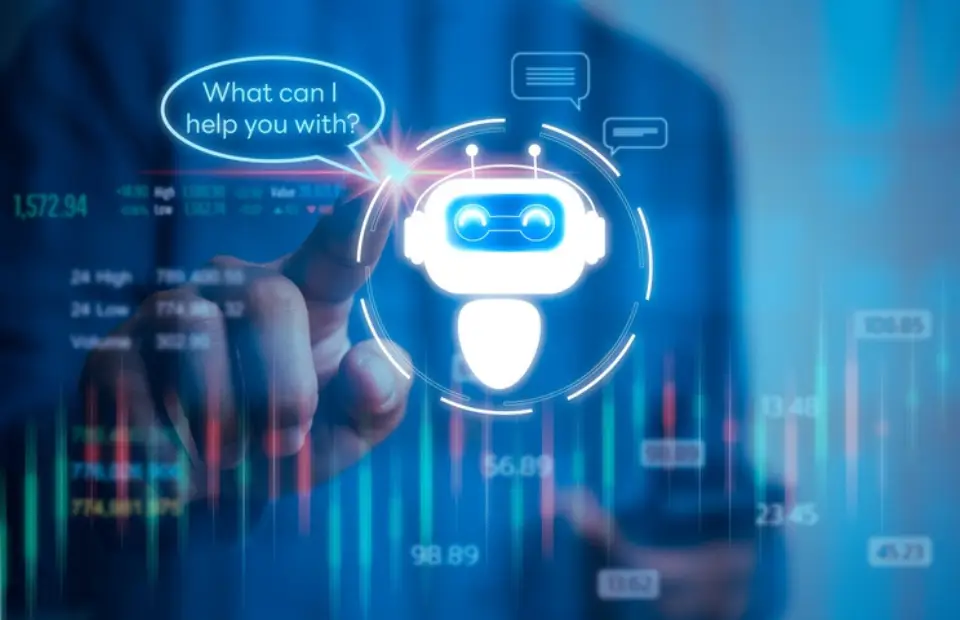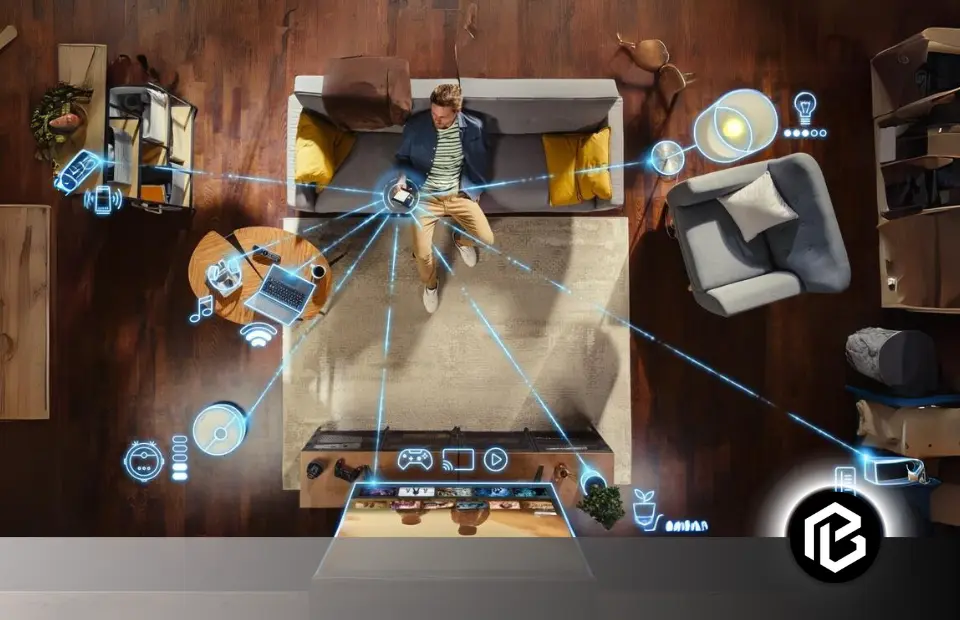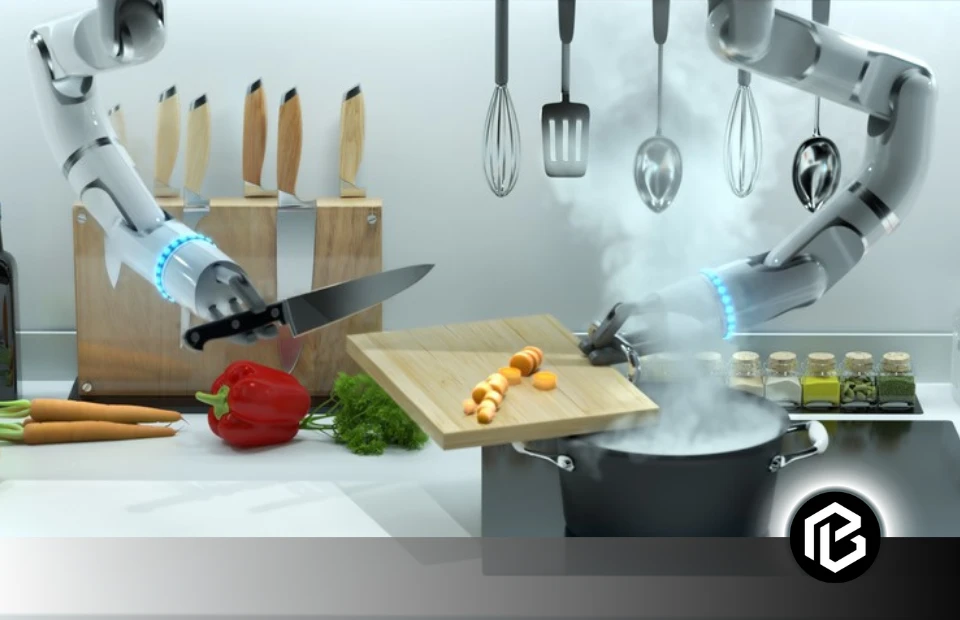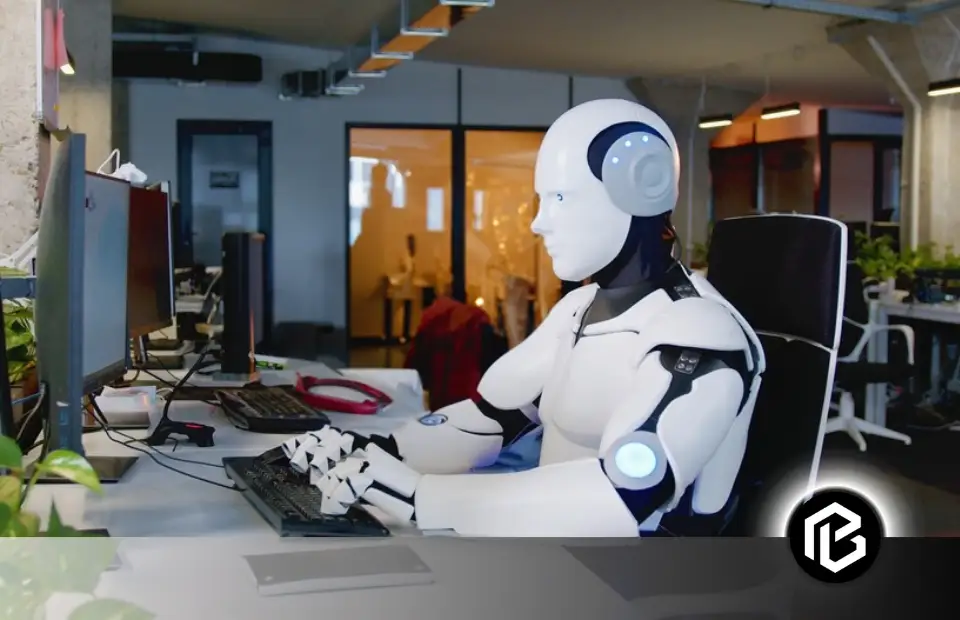Smart AI Assistants transforming the way we interact with technology and access information. They have rapidly become an integral part of our daily lives.
These intelligent virtual assistants are our companions. These Assistants are referred to as digital voice assistants that significantly impacted our lives over the past decade. From the launching of Siri to the multi-faceted capabilities of Bixby, Smart assistants have had a remarkable journey of development and innovation.
We will see the best smart AI Assistants, their evolution, technology use and their applications in our daily lives.
The Genesis of Smart AI Assistants

The idea of smart AI Assistants began in 2011 when Apple’s Siri was Introduced. Siri is the abbreviation of “Speech Interpretation and Recognition Interface”. It represents a relationship between natural language processing and voice recognition technology.
With this technological advancement users interact with their iPhones and iPads through their voice. The user can give any command in their voice and control their phones. This set the stage for a new era of human-computer interaction. Siri was the first AI assistant and planned the way other AI-driven virtual assistant
The Building Blocks of Smart AI Assistants

1. Natural Language Processing (NLP)
The main component of smart AI Assistants is Natural Language Processing (NLP). With the help of NLP, these virtual assistants are enabled to understand and interpret human language. It executes both types of commands, speech and typing. This technology has advanced algorithms which allow users to interact more accurately and context-aware.
2. Speech Recognition
You can imagine the importance of speech recognition in smart AI assistance by this sentence “Speech recognition technology is the heart of smart AI assistants”.
It converts words into text which we only speak, and it enables the system to understand user commands and queries. The speed of speech recognition has significantly improved. Its accuracy leads to more seamless and responsive interactions.
3. Machine Learning and Deep Learning
The AI assistant works when they understand and execute our voice and this is only possible with Machine learning and deep learning algorithms. These algorithms are responsible for the continuous improvement of smart AI assistants.
These technology techniques are used to train a machine that enables assistants to learn and understand user queries, respond with accuracy and provide more personalized assistance over time.
Best Smart AI Assistants

1. Siri (Apple)
Siri was the first AI Assistant and remains one of the most recognized and widely used smart AI assistants globally. Apple introduced Siri to this world. It allows users to control their devices, access information, and perform tasks through voice commands.
Siri has the amazing capability to understand the context and provide accurate responses, which makes it special for Apple users.
2. Google Assistant
Google Assistant is known for its strong integration with the Android operating system and its amazing searchability. It is developed by Google. It can answer a wide range of questions and perform tasks that make it a versatile AI companion. Its cross-platform availability and third-party app integration make it more popular.
3. Amazon Alexa
Alexa is introduced by Amazon. It is frequently used in home automation, allowing users to control their smartphones and devices. Moreover, it allows users to control music and online shopping facilities using voice commands.
The most amazing thing in Alexa is the skills kit which allows developers to create custom voice experiences, expanding its functionality.
4. Microsoft Cortana
Cortana is designed for Windows devices but it has expanded to other platforms. It is developed by Microsoft. Initially, it faced challenges in gaining market share, it’s a part of the Microsoft 365 suite and integrates well with Windows for tasks such as setting reminders and accessing documents.
5. Bixby (Samsung)
One of the amazing developments of Samsung is Bixby. It is a proprietary smart AI assistant. It is used to enhance user experience on its devices. Bixby focuses on device control, understanding context, and improving user productivity. Samsung’s expensive product range has given Bixby a unique level in the market.
There are many other smart AI Assistants that have unique functionalities and capabilities. These smart assistants include Facebook’s M, IBM’s Watson, and Xiaomi’s Xiao Ai. Each of these assistants is created for specific needs and preferences, contributing to the diversity of the AI assistant landscape.
The Expanding Capabilities of Smart AI Assistants

1. Personal Assistance
Smart AI assistants provide everything from doing basic tasks like setting alarms and sending texts to providing comprehensive personal assistance. They can schedule appointments, make reservations, and even draft emails. Smart AI assistants save users valuable time and effort.
2. Information Retrieval
Smart AI Assistants are an efficient way to get information about anything as well and they provide you suggestions on how it’s amazing! These assistants are information powerhouses, capable of providing real-time weather updates, news, sports scores, and more.
They can also do great tasks like performing web searches, reading articles aloud, and translating languages, making them necessary for accessing knowledge.
3. Home Automation
With new emerging technology, the trend of smart living is increasing rapidly. The use of Smart AI assistants in home automation systems allows users to control their lights, thermostats, and security systems through voice commands, creating a seamless and convenient home environment.
4. Entertainment
Smart AI assistants are our entertainment companions. They are capable of playing music, recommending movies, and even telling jokes. That’s great! They offer a wide range of entertainment options to keep users engaged.
5. Accessibility
Smart AI assistants made it easy for individuals, especially people with disabilities, to access technology more closely. They can assist with tasks like reading text aloud, providing navigation guidance, and helping with daily routines.
6. E-commerce
Many smart AI assistants work with e-commerce platforms. These AI assistants help users to shop online by voice. They also help customers by providing product recommendations, tracking packages, and completing purchases. In this way, they make shopping more convenient.
The Ethical and Privacy Concerns
With the use of smart AI Assistants, the concern about privacy risk and ethics. These privacy concerns include data collection, user consent, and the potential misuse of personal information.
Companies ensure all the safety measures and policies as they are responsible for the use of user data and transparency in their practices.
The Future of Smart AI Assistants

Natural Conversation
In future, smart AI assistants use advanced algorithms for more natural and intuitive conversations. With the use of high-tech AI systems become more efficient for understanding context, emotions, and user intent, making interactions feel more human-like.
Multimodal Interfaces
Technologists are working on different models of Smart AI assistants. In the future, we will see multimodal interfaces with Ai assistants. These interfaces include more advanced and high-quality voice, text, and visual interfaces. These interfaces allow users to interact with these assistants in the way that suits them best.
Improved Customization
The smart AI assistants are made according to the user’s needs. In future, we will customize our AI assistant according to our needs. AI assistants work on individual preferences and become more anticipatory in their responses and recommendations.
Integration with the Internet of Things (IoT)
The interaction of Smart AI Assistants with Internet of Things (IoT) devices is increasing rapidly. We will see in the future, the amazing combination of these two things. Users will have greater control over their smart homes and devices.
Cross-Platform Integration
AI assistants will become more powerful by working seamlessly across different platforms and devices. This amazing feature will enhance their versatility and user convenience.
Conclusion
Smart AI Assistants are our great companions, they are working with advanced algorithms to understand voice and text commands and respond to the user. Many smart AI assistants assist users in this digital world like Siri, Alexa, Cortana, Bixby and many more.
They have voice-activated features and multi-functional, personalized assistants that enhance productivity, convenience, and accessibility. In future, we will see Smart AI assistants with more unbelievable features.
Frequently Asked Questions on Smart AI Assistants
What are the advantages of using smart AI assistants?
The advantages of smart AI assistants include increased productivity by automating tasks, improved accessibility with hands-free interaction, personalized assistance tailored to user preferences, enhanced convenience for managing schedules and information, and integration with smart home devices for home automation.
How do smart AI assistants improve productivity?
Smart AI assistants improve productivity by automating routine tasks such as setting reminders, managing calendars, sending emails, and performing web searches, allowing users to focus on higher-value activities and accomplish tasks more efficiently.
What are some limitations of smart AI assistants?
Limitations of smart AI assistants include occasional inaccuracies in understanding user commands or queries, limited capabilities in handling complex or context-sensitive tasks, concerns about data privacy and security, dependency on internet connectivity, and the potential for overreliance on technology.
What role do smart AI assistants play in the future of human-machine interaction?
Smart AI assistants are expected to play a central role in shaping the future of human-machine interaction by becoming more intelligent, intuitive, and integrated into daily life, enabling seamless communication and collaboration between humans and machines in various contexts.





